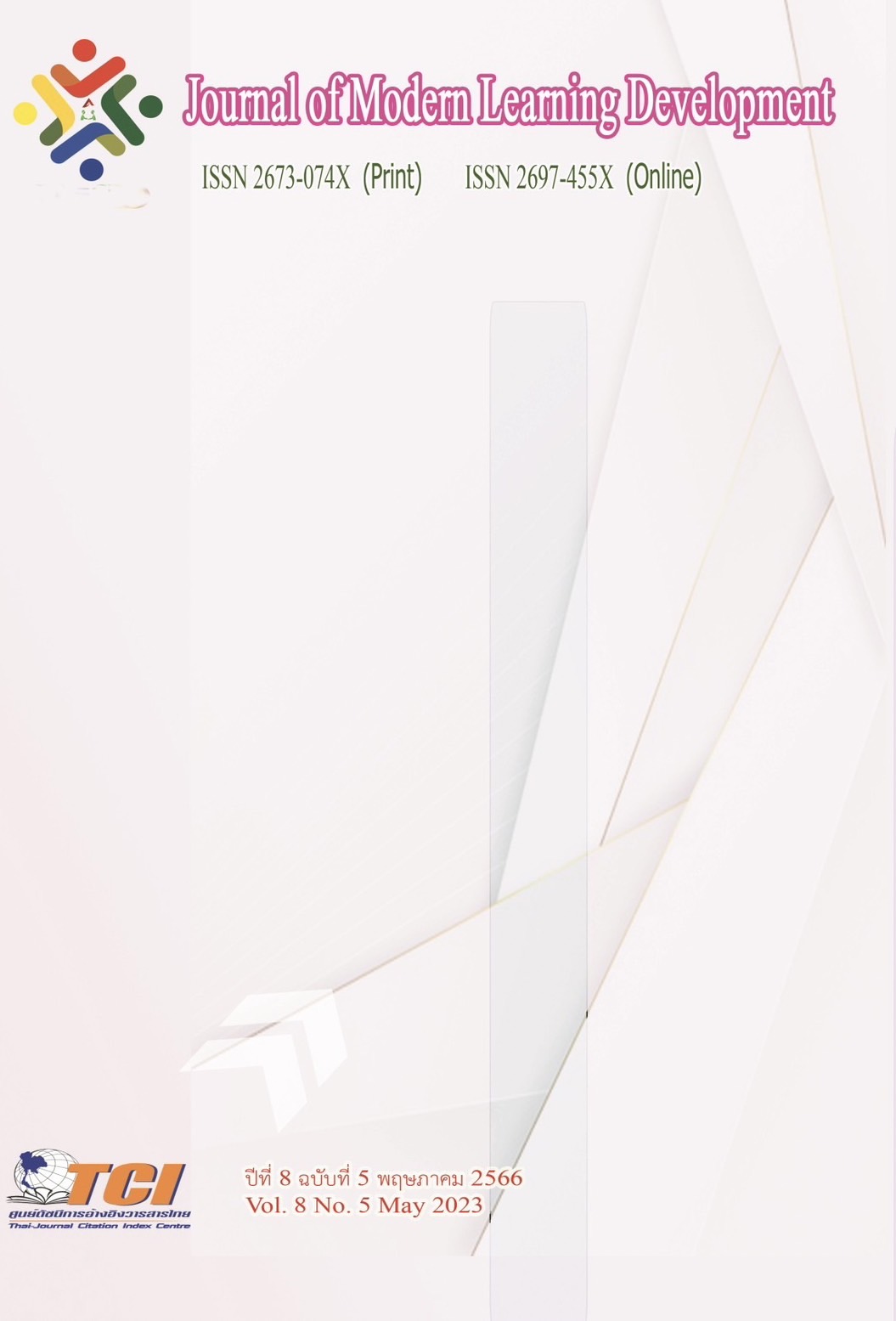Online law Teaching Mechanism Management in Colleges and Universities in the Context of COVID-19
Main Article Content
Abstract
During the COVID-19, online teaching became the main way of teaching in universities. The transformation of teaching methods implies the transformation of teaching mechanisms. A well-developed teaching mechanism as a basic condition helps to improve learning outcomes. This study adopts quantitative research methods, and explores the relationship between the four influencing factors of learning support, teaching environment, learning perception and behavioral interaction and the online teaching effect of law in colleges and universities through questionnaire survey. Through the linear regression analysis of the relationship between variables and the test of the hypothesis, the final conclusion is drawn: the four influencing factors all have a positive significant impact on the effect of online teaching of law in colleges and universities, and the four influencing factors also have a positive significant impact. Based on the research conclusions, this study finally puts forward some suggestions for improving the online teaching mechanism of law in colleges and universities.
Article Details
References
Artino A.R.(2012) Academic self-efficacy: from educational theory to instructional practical. Perspectives on medical education. 1 (2), 76-85.
Burgoo J.M.(2012) Self-efficacy’s influence on student academic achievement in the medical anatomy curriculum. Anatomical Science Education. 5 (5), 249-255.
Fryer L.K.(2017) Supporting student’s motivation for e-learning: Teachers matter on and offline. Internet and Higher Education. 14 (7), 2-20.
He Kekang. (2012). E-learaing and the deepening reform of college teaching. China Audio-visual Education, 2 (2), 8-12.
Huang Yao. (2021). Challenges and Responses of the COVID-19 Epidemic to Law Education. Chinese University Education. 21 (4), 60.
Li Kedong. (2012). Qualitative research on the construction and application of network courses in colleges and universities. Open Education Research. 11 (01), 15-07.
Margaret Thornton .(2014). law education in the Corporate University. Annual Review of Law and Social Science. 10, 19-35.
Wang Ziting.(2019) Quantitative research on influencing factors of college students' online learning motivation. Software Guide. (5), 219-224.
Zhao Keyun.(2018) College students' learning adaptability: Questioning from the field of online learning space. Open Educational Research. (2), 78-86.
Zhu Yuchen.(2021) Research on the Communication Effect of Online Courses in Colleges and Universities in 2020 from the Perspective of "Presence", Northwest University, Shaanxi, China.


